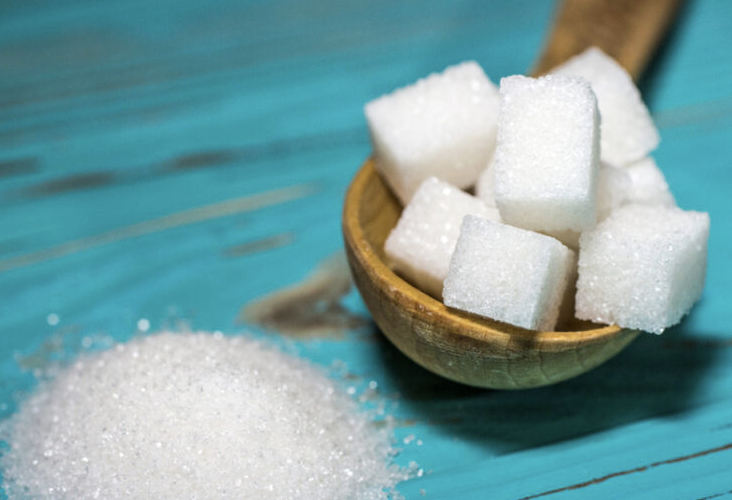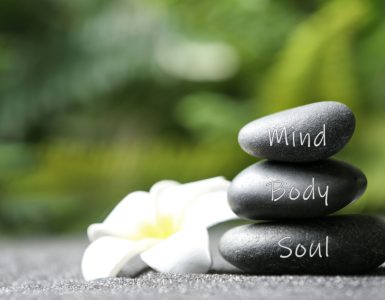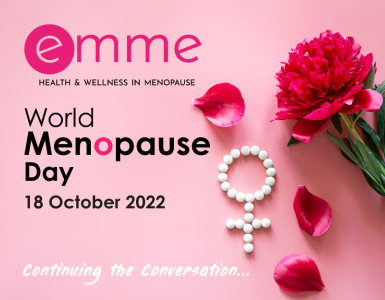Some of us (guilty as charged) have a serious sweet tooth, and it affects what we want to eat and when we want to eat it
Sugar in all of its forms is often described as ‘addictive,’ for good reason. Sugar releases endorphins (including dopamine and serotonin) that can make us feel happy and elated, but which can often lead to the opposite – the dreaded sugar crash.
Sugar is a readily available form of calories that humans have always relied on, from whole wheat grains to the most processed forms of sugary pop. Most of us would agree that processed sugars aren’t the best for our health. However, over the past few decades some scientists have declared that all sugars, including ‘wholesome’ whole grains, are not only unnecessary, but unhealthy.
No matter which side of the great sugar debate you land on, we can all agree that too much highly refined processed sugar is damaging to your health
When you consume refined sugar (often found in sweets, sugary soda, and most processed foods), you experience a spike in your blood glucose levels. You get a big initial boost, but then comes the crash, which causes headaches, fatigue, new cravings, and even mood swings.
Over time, our body’s extreme reaction to sugar can lead to heart disease, cancer, inflammation, and diabetes. Some studies have even linked sugar consumption to cancer and arthritis. On a more personal level, some people turn to sugary, highly processed foods in order to ‘eat away their feelings’ and try to deal with their emotions.
Knowing all of this, many people have chosen to cut down on their sugar consumption, trying ‘cleanses’ such as the Whole 30 and the 21 Day Fix
People often report that once they give up sugar (yes, even alcohol) they go through a period of ‘detox,’ but that they soon stop craving their regular sugar fix completely.
It can be hard to give up sugar completely, and those who do often report that they ‘fall off the wagon’ and end up binging. It seems that the best way to deal with a sugar and carb-addiction is to consume these foods in moderation rather than go too far in the opposite direction.
With all of this information, what do you think about your own relationship with sugar?
Has it changed during the global pandemic, as people report record levels of baking – and boredom eating? Are you eating more sweet treats and carby meals now that you can’t socialise or spend time outdoors?
If so, it’s normal – don’t beat yourself up. We are all seeking more comfort than usual in delicious foods. That said, have a think about why and when you tend to crave sugar. Can you see an unhealthy pattern? Sometimes recognising these patterns is the start of addressing the underlying problem, which can lead to healing.
In the meantime, stay safe and sweet (but not too sweet) dreams!
















